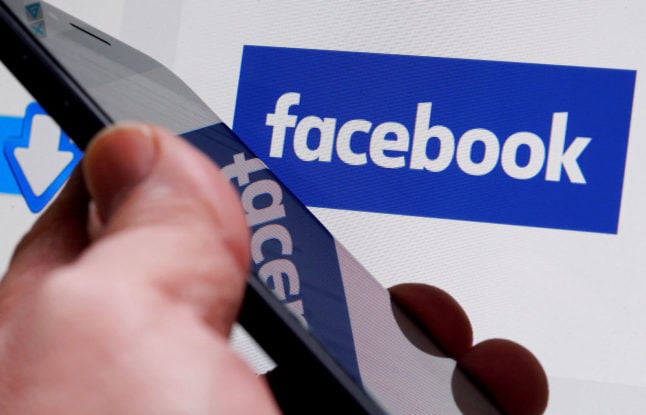The ruling, which overturned an appeals court decision, means the first legal challenge under Sweden’s new anti-piracy law has ended in favour of copyright holders.
The decision prohibits ePhone from destroying information about the identity of the person who operates a server containing several audio book sound files.
Five book publishers had requested that ePhone divulge the identity of the person behind an IP address associated with the internet service provider.
The publishers claimed that there were audio book files on the computer that were accessible for downloading by the general public.
At first, Solna District Court ruled in favour of the publishers.
But in a split ruling decided only by the weighted vote of the presiding judge, the Svea Court of Appeal reversed the lower court’s ruling, instead finding in favour of ePhone.
The appeals court ruling was a blow to the entertainment industry, which was quick to appeal the decision to the Supreme Court.
At stake was the setting of a precedent regarding the application of an anti-file sharing law which came into effect in Sweden on April 1st.
The law, based on the EU’s Intellectual Property Rights Enforcement Directive (IPRED), requires internet providers to provide data about customers targeted in copyright infringement investigations following a court order.
The book publishers emerged victorious in the final instance, and can now under threat of a 500,000 kronor ($70,000) fine order ePhone not to destroy information about the person targeted in the investigation.


 Please whitelist us to continue reading.
Please whitelist us to continue reading.
Member comments